This weekend, Catherine and I visited Victoria, for the Canadian Thanksgiving holiday. The weather was not super cooperative for outdoor activities, and Catherine was working hard on her PhD NSERC proposal, but we did manage one trip out to Island View Beach to check up on the local arthropods. I also went for a stroll in Uplands Park to get some of the following shots.
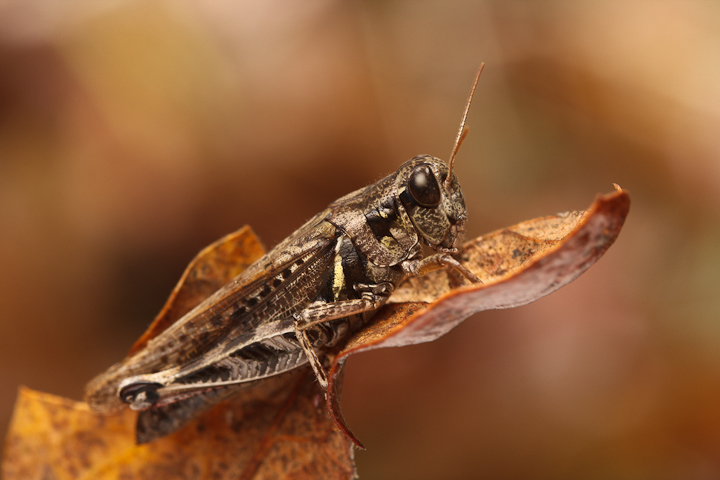
Quite a few grasshoppers were out and about. This one I shot as it was hiding on a Garry Oak leaf (you can see I was holding a white card below).
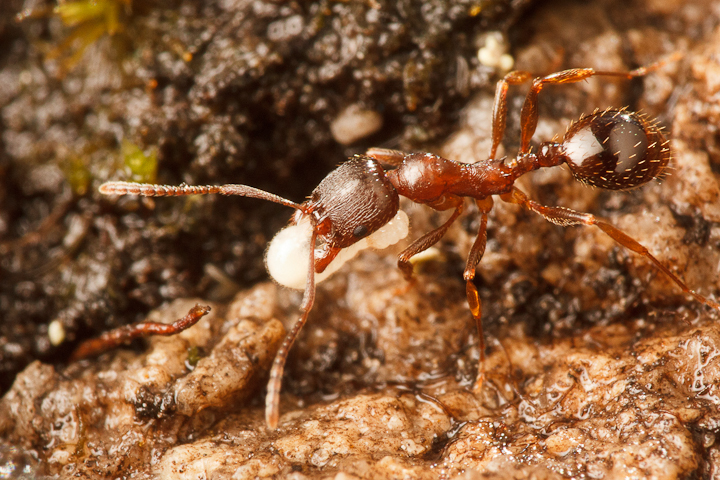
An Aphaenogaster occidentalis worker carrying brood in Uplands Park. This species does well in Garry Oak meadows.

The fall selection of resting Hymenoptera was much more limited than previously, with this impressively-ovipositored ichneumonid being the only example we could find.
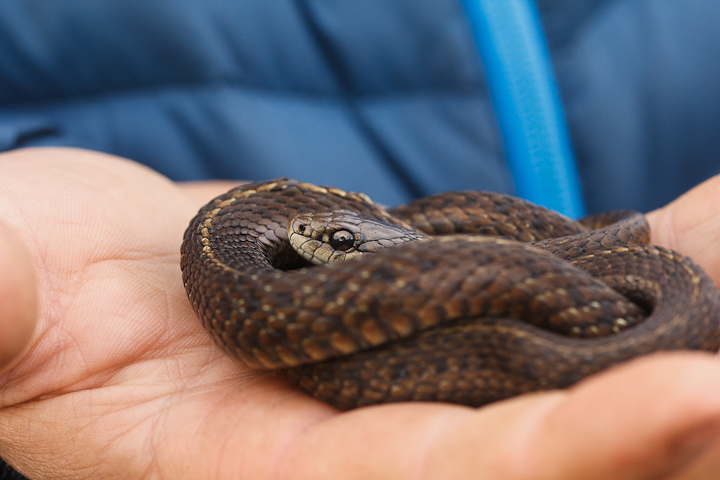
Resting snakes were about though; this garter snake was torpid and remained in a ball rather than trying to flee when we found her under a log.
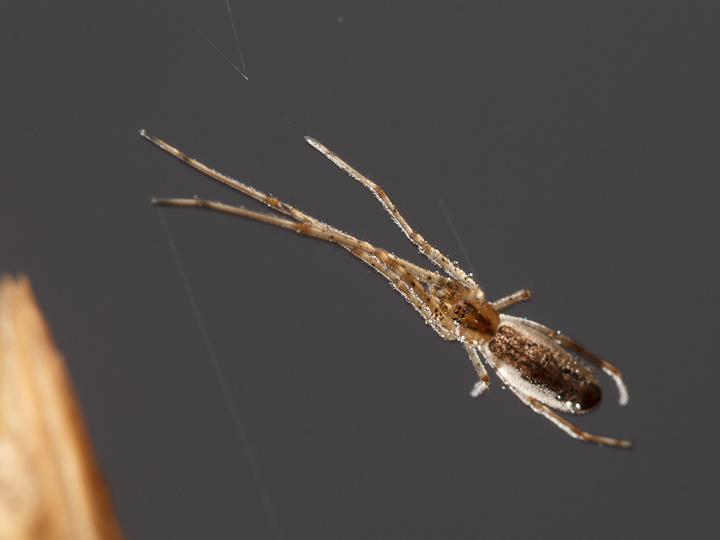
Spiders were to be found in large numbers though, this being Arachtober and all. Here is a tetragnathid backlit with a bare flash.
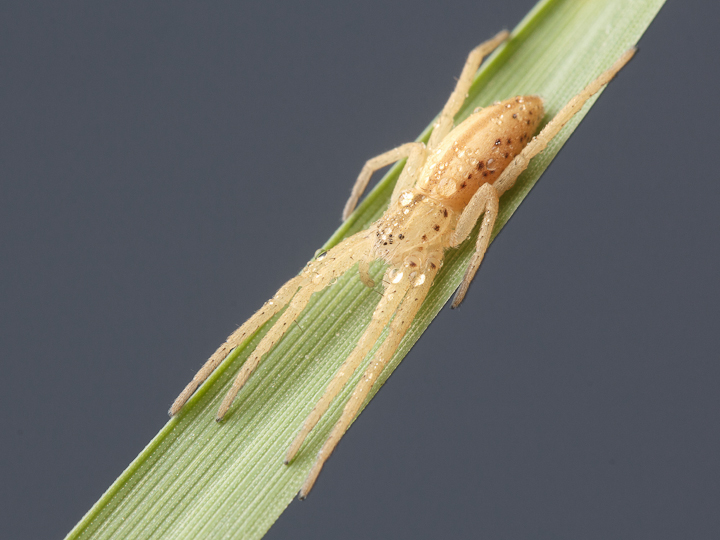
Here is a running crab spider, of the genus Tibellus; the same one appears at the top of the post. These are very elegant-looking little spiders, and make great photographic subjects.
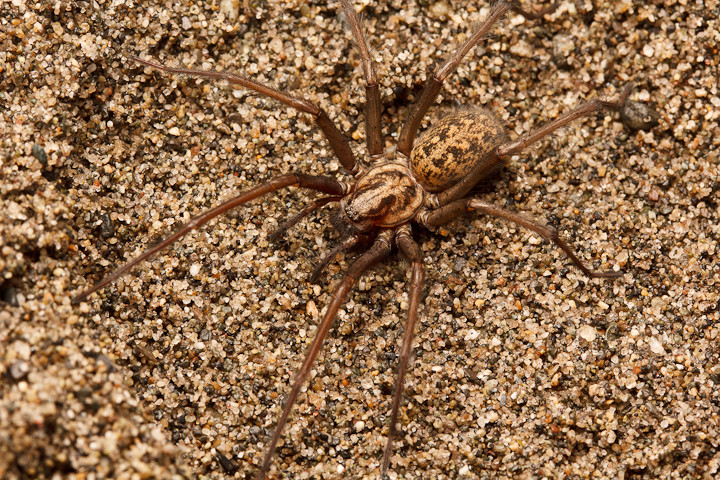
Speaking of large, here is a giant! A giant house spider, formerly Tegenaria duellica, now this species is called Eratigena atrica. Since Catherine is scheduled to give an upcoming talk on spider bites (and how they are very unlikely) at the ESBC conference, we decided for an illustrative photo shoot.
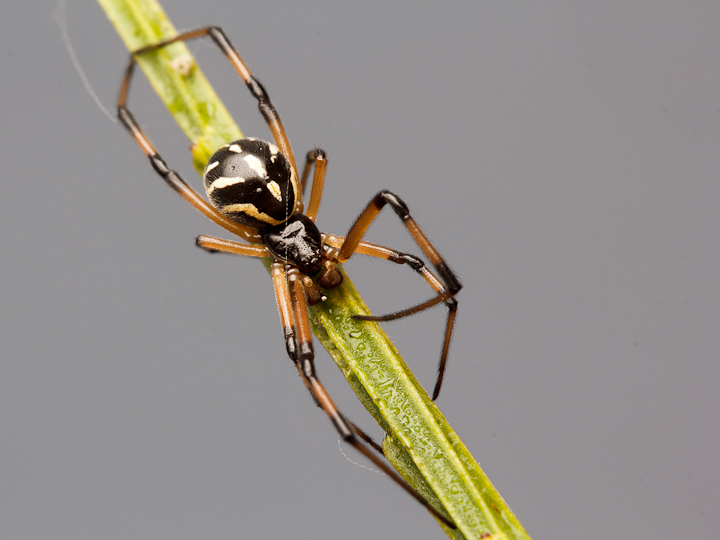
A penultimate male black widow. These ones that overwinter always seem to be more robust and darker than the juveniles that develop quickly in the summer. I would imagine this is a textbook example of phenotypic plasticity; one that deserves more careful study.

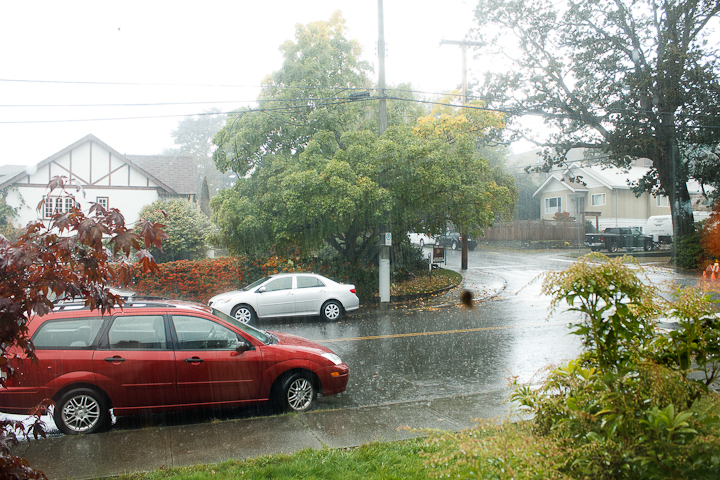
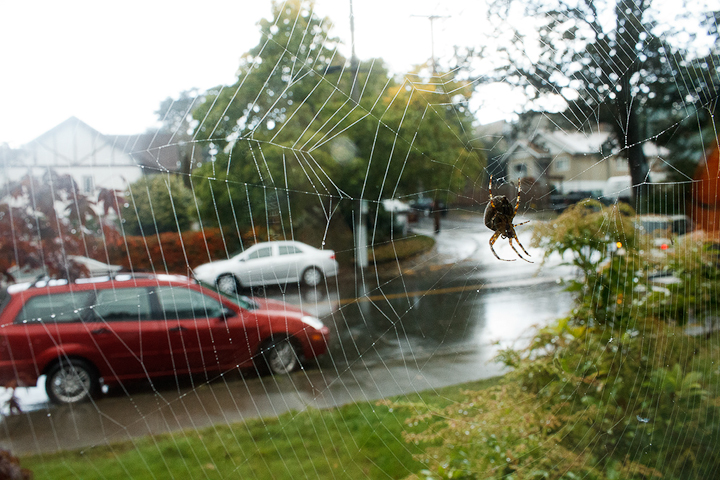
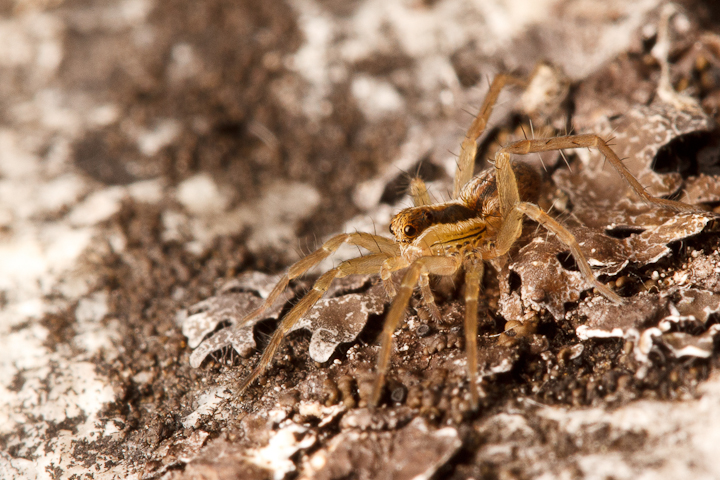

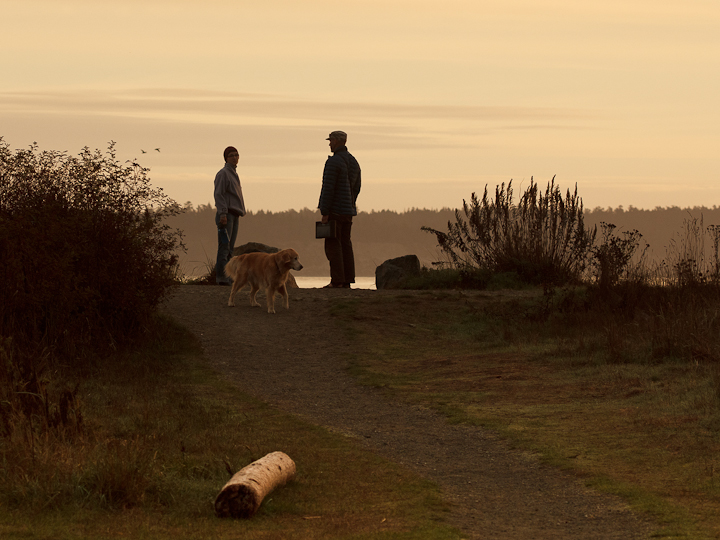
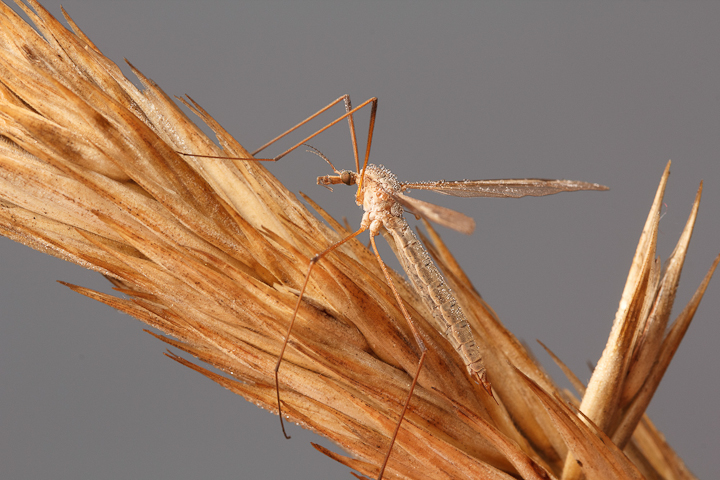
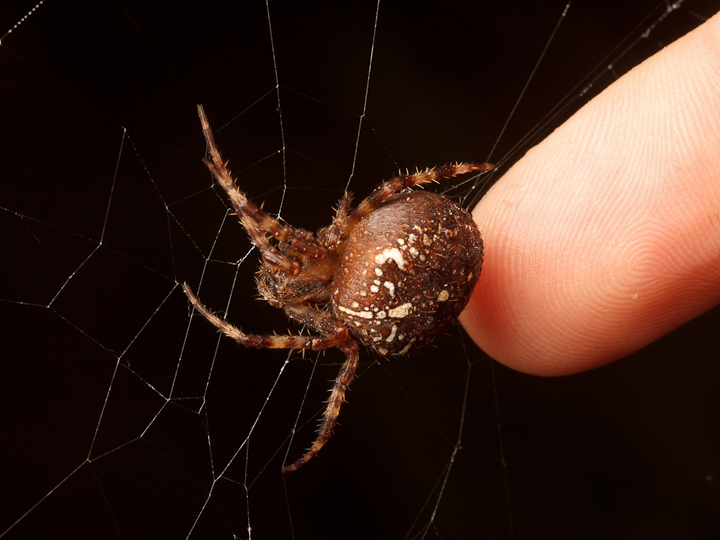
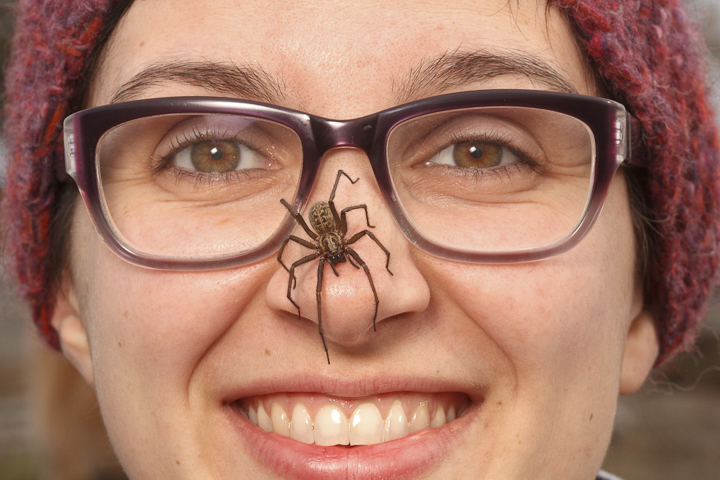
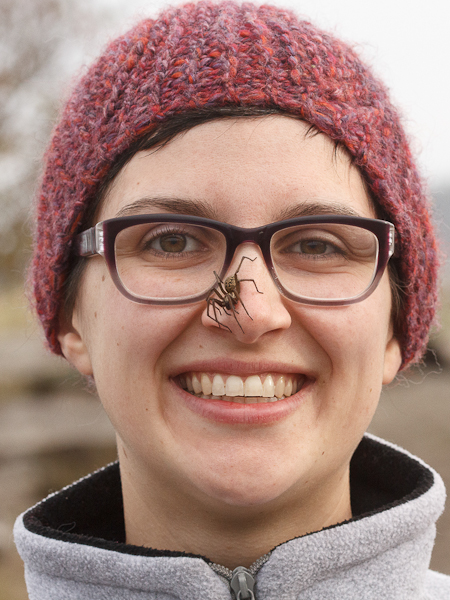
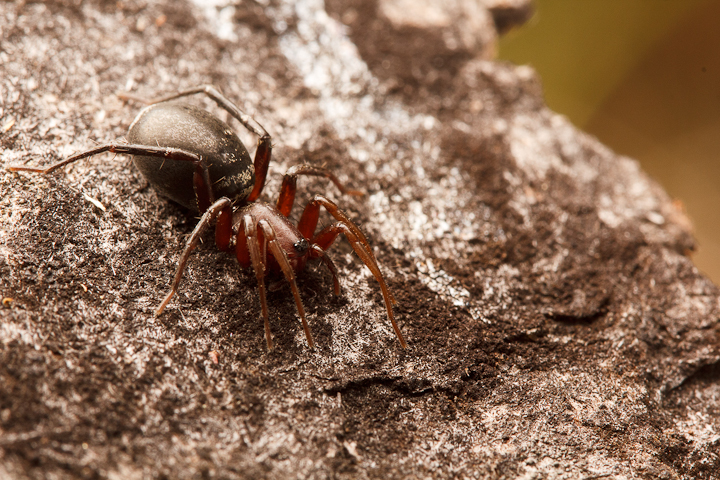
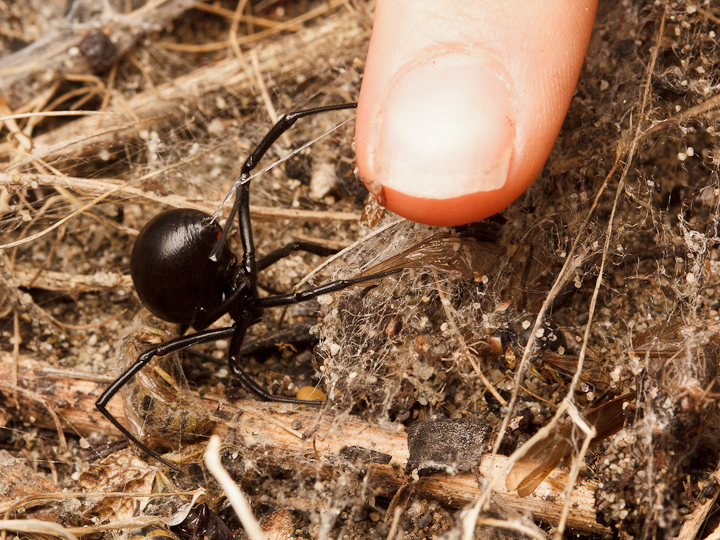
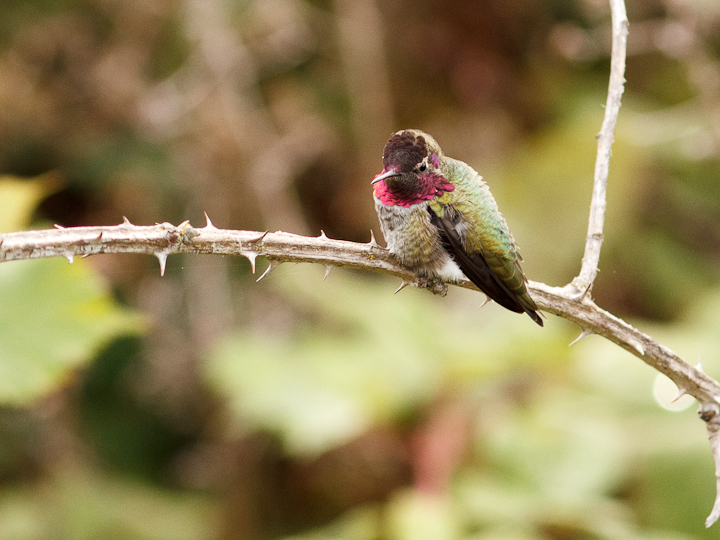
Nice series. I look forward to seeing the results of that back-lit black widow web-casting session!
Well, we have some widows here at home, so it should be fairly easy. Keep posted!
Fantastic information and pictures, Sean.
Thanks Mom!
Great pictures Sean. I’m quite envious of the quality of your macro’s